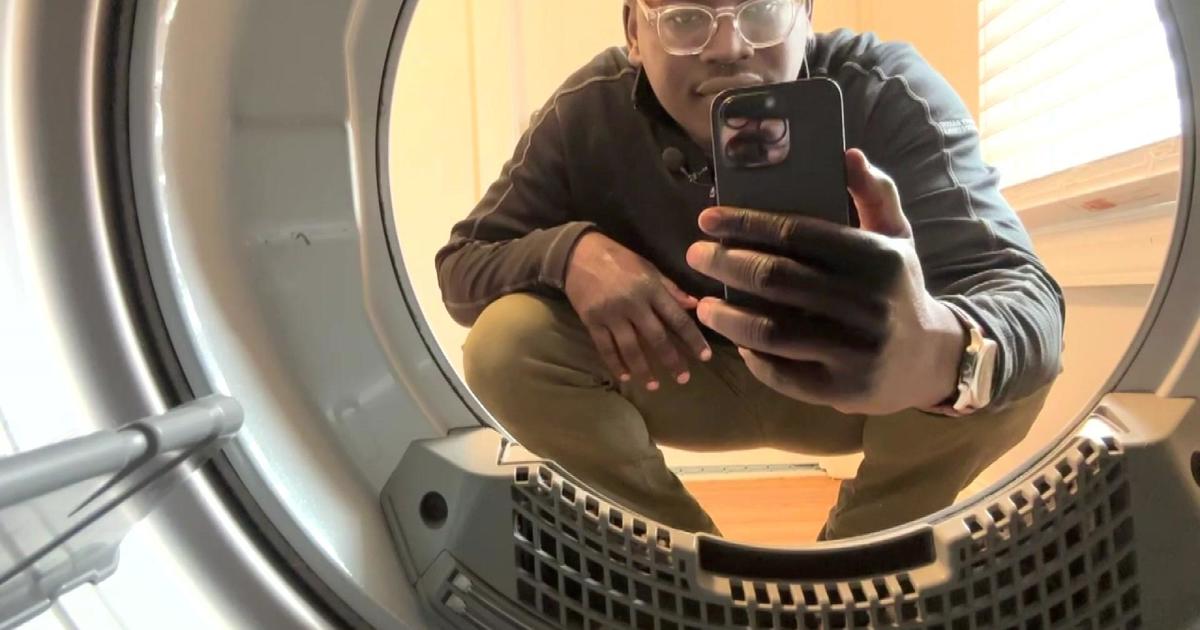SD House Panel Approves Longer Abortion Wait
PIERRE, S.D. (AP) — A bill that could require some women seeking abortions to wait longer after first seeing a doctor was approved Friday by a South Dakota House committee after supporters said women need time to reflect and seek counseling before ending a pregnancy.
South Dakota already has the nation's longest waiting period at three days. The Judiciary Committee vote 9-2 to approve a measure providing that Saturdays, Sundays and holidays would not count in calculating that three-day wait.
The bill would change provisions of a 2011 law that established the three-day waiting period and required women to undergo counseling at pregnancy help centers, which discourage abortions, before they can terminate a pregnancy. Planned Parenthood, which operates the only abortion clinic in the state in Sioux Falls, challenged the law in court, but recently withdrew its appeal of the three-day wait. The counseling requirement, imposed to determine whether a woman is being coerced into getting an abortion, is still being challenged in federal court, where a judge has temporarily blocked it from taking effect.
The measure's main sponsor, Rep. Jon Hansen, R-Dell Rapids, said the law needs to be changed in case the counseling requirement eventually takes effect. Counselors often are not available in pregnancy counseling centers on weekends and holidays, he said.
"The exclusion of weekends and holidays is crucial to ensuring a pregnant mother is able to obtain counseling," Hanson said.
Opponents countered that extending the three-day wait could cause hardships for some women and even prevent some from getting abortions. Women who live far from the state's only abortion clinic could have to make two or three separate trips to Sioux Falls to get an abortion, and the exclusion of weekends and holidays would make it more difficult for them to get off work and travel, they said.
Alisha Sidor, director of NARAL Pro-Choice South Dakota, said the bill could force some women to delay abortions for weeks as they juggle trips to the abortion clinic with their jobs and other responsibilities. The bill "effectively would ban abortions for many, if not all, women in South Dakota," she said.
"Reject the demeaning implication that women cannot make responsible decisions about their reproductive health without government interference," Sidor said.
Rep. Karen Stoli, D-Sioux Falls, a pastor, said she opposes the bill because it assumes counselors at pregnancy help centers cannot work on weekends.
"It's very unreasonable to suggest a counselor cannot be made available on a weekend or holiday when such a serious decision is being made," Stoli said.
But Brittany Weston of Yankton said the counseling requirement is important because she never would have had an abortion at age 22 if she had been able to talk to someone first. She said the father of her baby coerced her into getting an abortion, and the abortion clinic staff did not help her.
"They took something away from me I will never get back, my child and my soul," Weston said.
Tiffany Campbell, an official of the American Civil Liberties Union of South Dakota, cried as she testified against the bill, describing how she was pregnant with twin boys but had to have one aborted to save the other. She said there's no reason to make women wait three days to get an abortion, and the bill would extend that time and increase the stress on women.
"Forcing a woman who needs an abortion to delay her procedure for non-medical reasons is callous, cruel and dangerous," Campbell told lawmakers.
Rep. Peggy Gibson, D-Huron, said the bill is part of an ongoing attempt to prevent safe and legal abortions in South Dakota. She said it will lead to another lawsuit designed to test the limits of what states can do to restrict abortion.
But Hansen said the bill aims to protect women and unborn children.
"The true intent of this bill is to look to the best interest of pregnant mothers in this state to ensure that they are fully informed when they make their decision, their irrevocable decision to terminate the life of a whole, separate and unique living human being," Hansen said.
Hansen withdrew another measure that would have prevented someone from suing a doctor who failed to let them know a fetus had a physical or mental disability.
(© Copyright 2013 The Associated Press. All Rights Reserved. This material may not be published, broadcast, rewritten or redistributed.)



